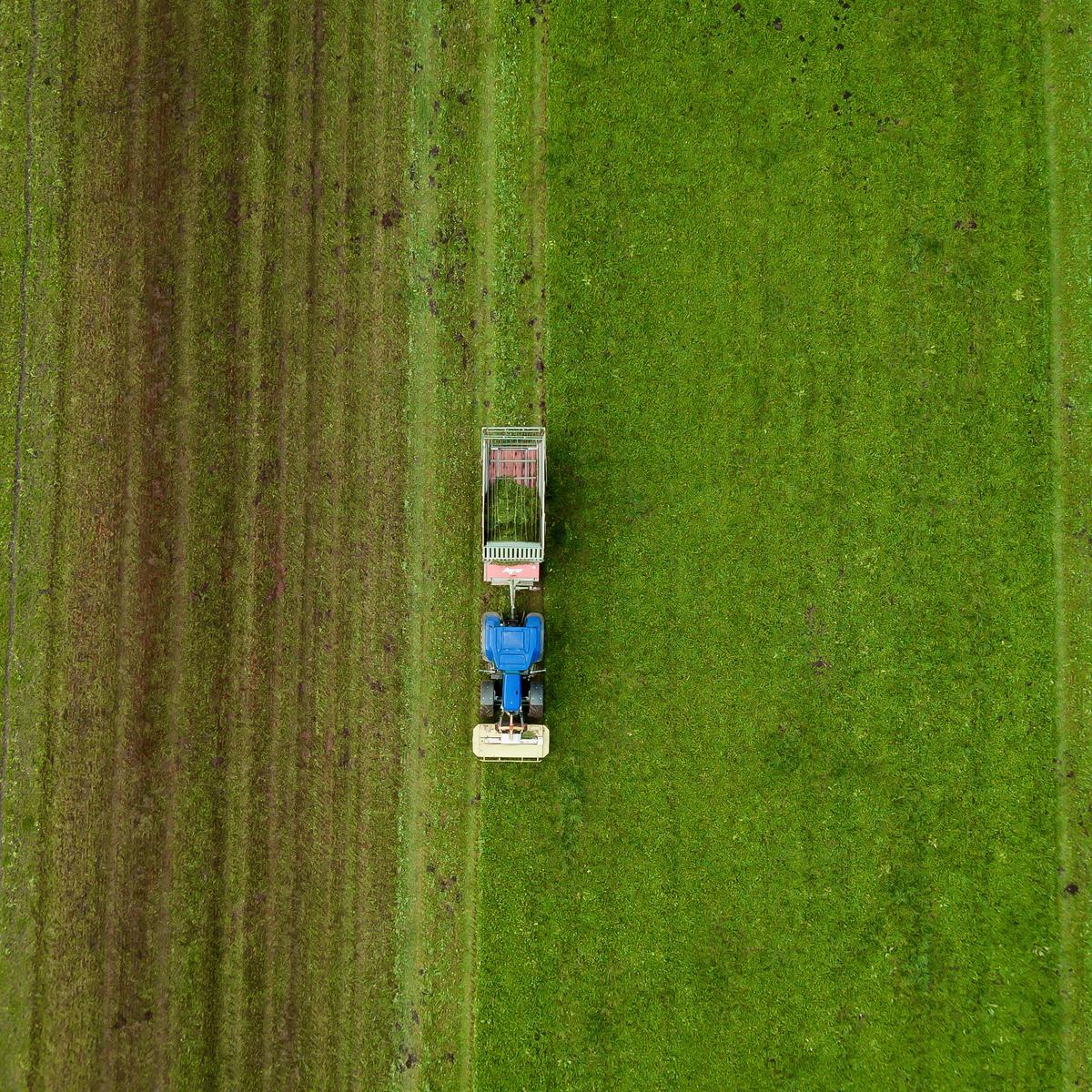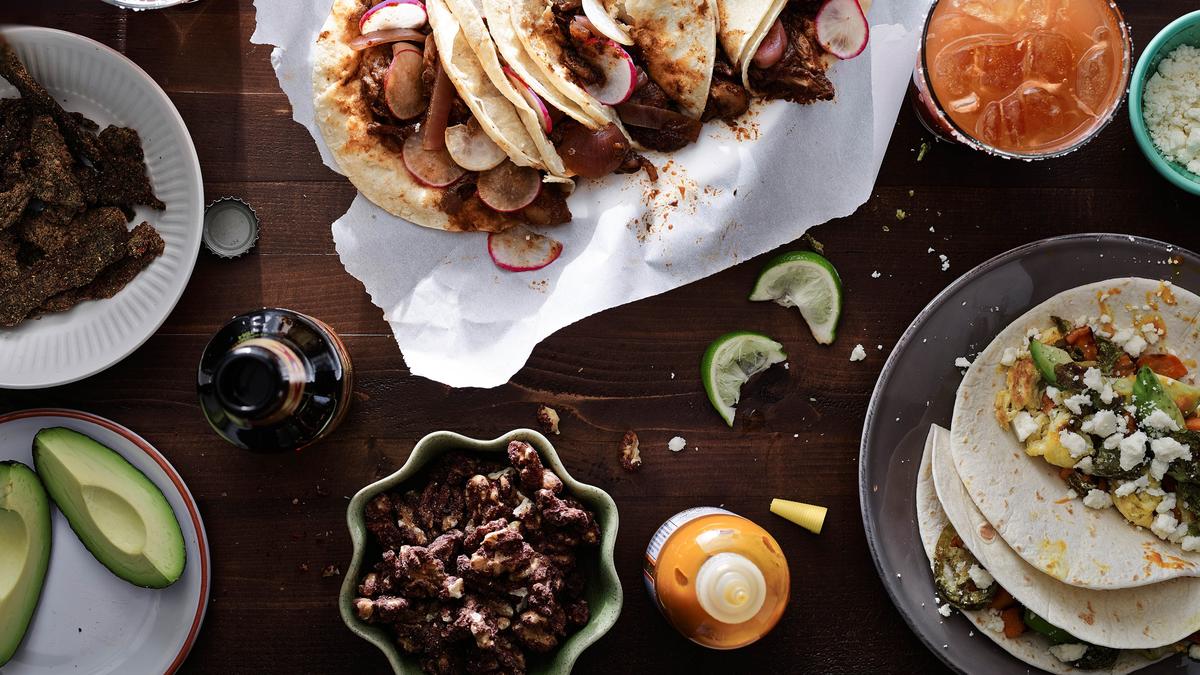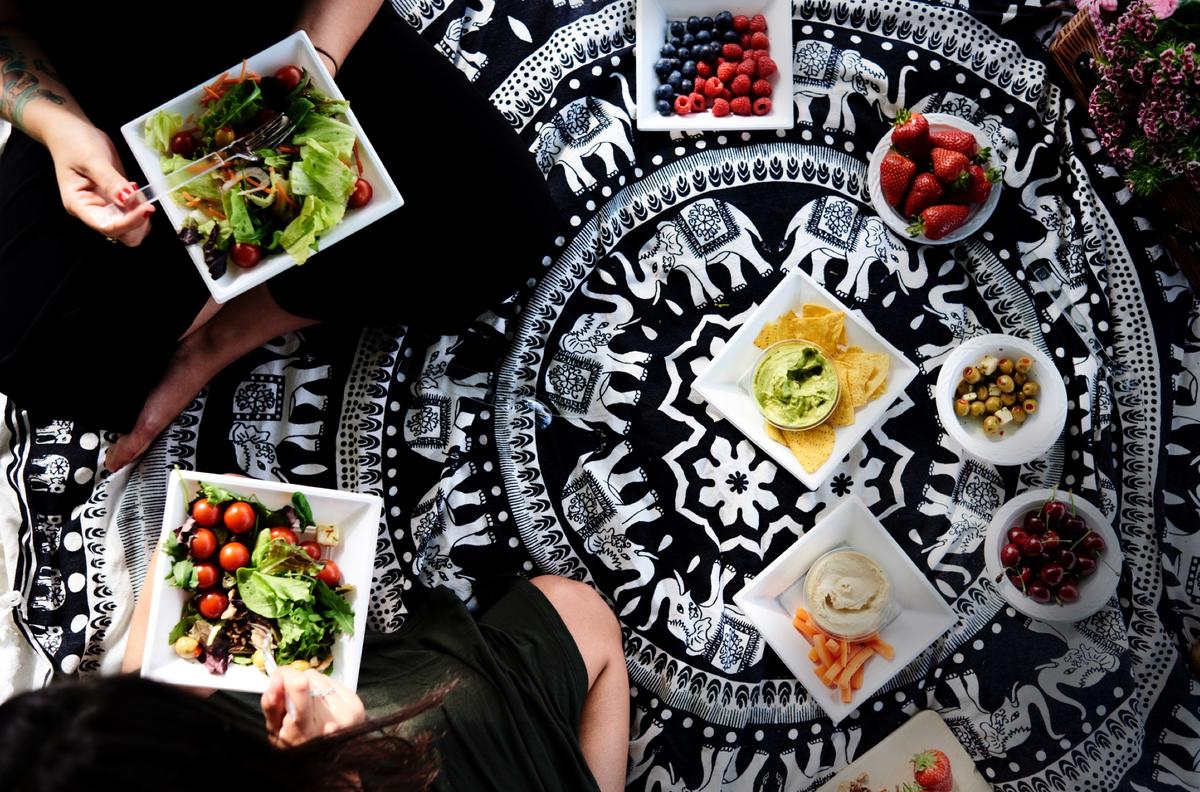I had the pleasure and privilege of speaking at Datassential’s Foodscape conference in Chicago last month. The conference was billed as an opportunity to “dive into the most pressing topics impacting operators, manufacturers, and suppliers; try foods from around the world; encounter experiences that you can only find at Foodscape; and take away the latest data and content to jump start your innovation and strategies.”
There were a number of fascinating speakers at the event, including Master Chef James Cornwell and Amanda Little, author of The Future of Food. The theme of the conference was “Eat the World, Feed the World,” and the overarching story was the need for sustainable solutions and understanding how technology is shaping the food sector.
Here are my five key takeaways from Foodscape:
- Traditional meat alternatives are everywhere, in unexpected forms. The Chief Scientist of JUST, a cell-based meat company, talked about their advances in growing chicken from biopsy cells, and a panel sampled their latest product, a chicken nugget. James Cornwell talked about his plant-based seafood alternative, Ocean Hugger, which makes salmon and unagi products out of fruits and vegetables.
- Sustainability is finally a mainstream conversation. The timing couldn’t have been better for this session as the day before the conference, climate activist Greta Thunberg shook things up with a speech at the United Nations. Amanda Little said she’s optimistic for the first time because people are actually scared and talking about solutions to population density. The CEO of Regrained, an energy bar company that upcycles spent grain from breweries, talked about how true sustainability will require noncompetitive cooperation and how business leaders are starting to entertain that concept.
- Food science is about marrying the emotional with the logical. The topic of my talk was “Marrying The Algorithm,” about how brands need to future proof against a world in which the future consumer is an algorithm, not a person—and algorithms don’t have brand preferences. Noted food scientist Paul Rozin talked about the enormous potential in farming insects if we can just “get over the yuck factor.”
- Technology is driving innovative opportunities for personalization. The CEO of GenoPalate, Sherry Zhang, talked about her company’s product, which takes a person’s DNA profile and returns an ideal diet profile to the consumer. Joy Lai from Kitchen United talked about how meal delivery is affecting consumer preferences.
- Americans are looking to indigenous cultures for solutions. Sean Sherman, The Sioux Chef, talked about American indigenous cuisine and how it presents opportunities to farm seasonally relevant and climate-resistant crops. Indigenous superfoods were also highlighted. Chef Pierre Thiam talked about the potential in an African grain called fornio, and Lisa Curtis of Kuli Kuli Foods talked about the properties of moringa.
I left the conference feeling inspired and wowed by the minds at work in the food sector building solutions that seemed impossible even a few years ago. I am more optimistic about the possibilities for the future than I have been in a long time. As Amanda Little says in her book, it’s critical to immerse ourselves in this knowledge so we learn “not just about all the trouble we’re in, but about how we’ll get out of it.”
Kris McDermott is senior vice president, E-Commerce, Digital, Chicago.




